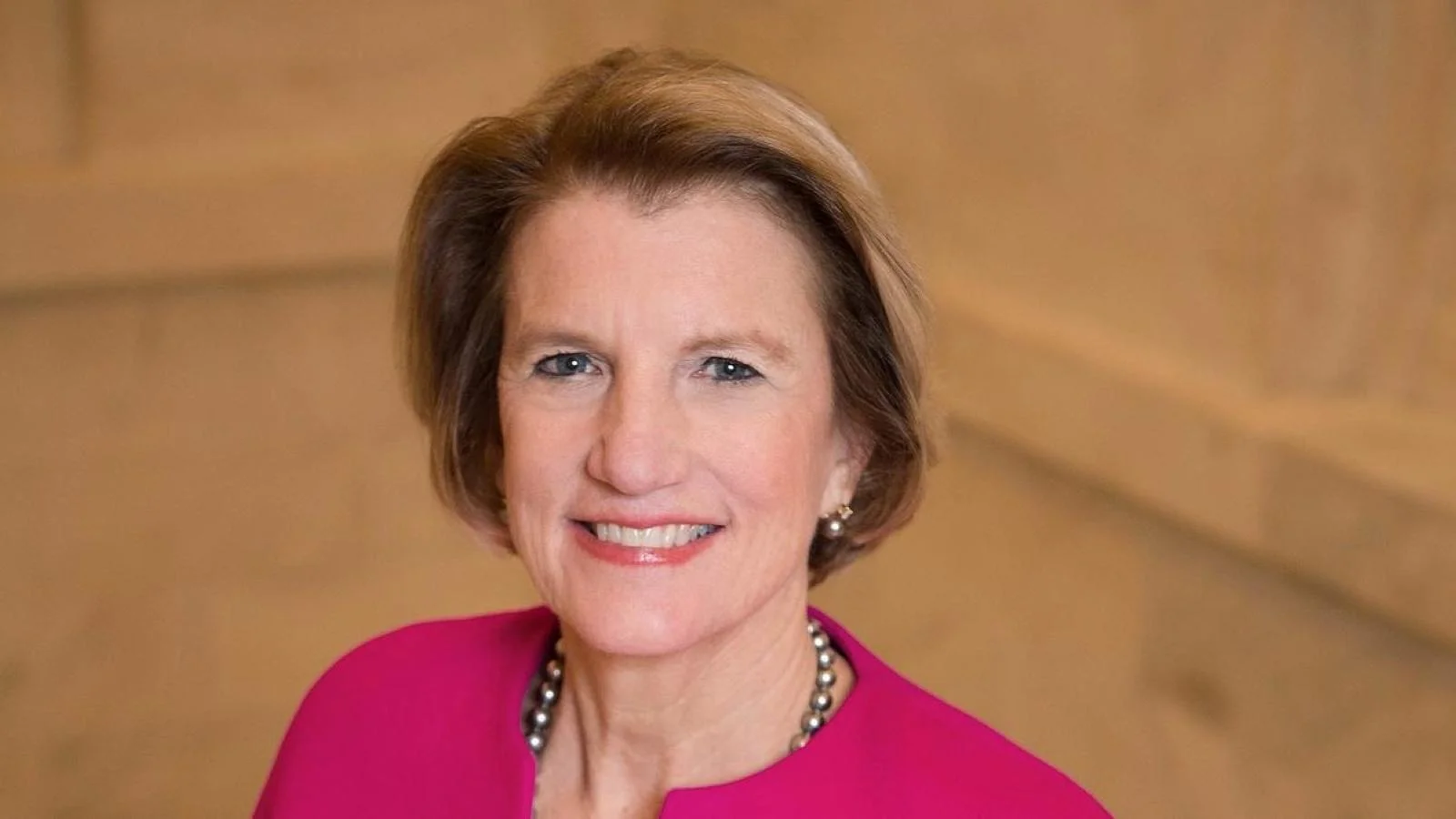U.S. Senator Shelley Moore Capito, who chairs the Senate Environment and Public Works Committee, led a hearing on the nominations of Ho Nieh for the Nuclear Regulatory Commission (NRC) and Douglas Troutman for Assistant Administrator for Toxic Substances at the Environmental Protection Agency (EPA).
During the session, Capito questioned Troutman about the EPA’s process for reviewing new chemicals. She raised concerns that lengthy and restrictive reviews could hinder U.S. businesses from bringing new products to market. Capito asked, “If EPA continues imposing burdensome restrictions in the world, it will effectively make it impossible for our U.S. businesses to commercialize their new products. This creates massive uncertainty that new chemistries will be funneled into a commercial dead-end, even if they survive this long, drawn out, multi-year review. So, Mr. Troutman, I have two questions for you. Do you agree that the problem is twofold, both timeliness and outcome? And then, as a follow up, what specific reforms would you pursue to achieve both faster reviews and predictably, commercially viable outcomes?”
Troutman responded by emphasizing the importance of timely reviews based on scientific evidence and adherence to congressional instructions. He stated, “EPA needs to ensure that the reviews of new chemicals are timely, using the best available science, and to follow the statutory instructions provided by Congress and in direct answer to your question, Senator, it is both twofold, it is timeliness, and it is outcomes. So, I acknowledge your concerns and your observations with the program. As the Administrator has publicly remarked, and in testimony before Congress, there are new resources coming to the office of chemical safety and pollution prevention, both in new team members, but also in additional resources, such as technological resources, IT resources, which we appreciate from Congress to speed up those reviews and to make sure they are done in a timely manner.”
Capito also addressed upcoming changes to the Toxic Substances Control Act (TSCA), noting that authorization fees expire next year. She highlighted bipartisan efforts to address gaps in implementation through new legislation. She asked Troutman if he would work with Congress on these reforms if confirmed. Troutman replied simply: “I will.”
The hearing included questions for Ho Nieh about his experience at NRC’s Office of Nuclear Reactor Regulation (NRR) and his approach to promoting safe nuclear technology use. Capito said, “Mr. Nieh, during your time as the director of the NRC’s office of Nuclear Reactor Regulation, or NRR, you led an effort to change the culture of the office with the vision of making the safe use of nuclear technology possible. This vision aligns with the NRC’s role to enable the use of nuclear energy as envisioned by the ADVANCE Act, and as reflected in the recently updated mission statement. Would you discuss your experience at NRR and how your efforts to bring about a culture change will help shape your vision for the agency as a member of the commission?”
Nieh responded by describing his focus on balancing safety with enabling beneficial nuclear technologies: “In my roles as director of NRR, as I mentioned in my statement, we embarked on this culture change to become a more enabling regulator. And from my experience there, I found that the staff of the NRC is among the most dedicated staff I have ever worked with in my career, and there were many staff that understood the need, of course, for ensuring that any nuclear development is brought to America safely, but also that the NRC and nuclear technologies have significant benefit to the welfare of our nation. So, it's really to focus on safety, but at the same time recognizing the benefit that these technologies can bring to the United States, and I feel confident that the dedicated workforce of the NRC can rise and meet this moment and deliver to the United States what Congress and the President and the Administration are asking for with the further development of nuclear technologies in the United States in a safe way.”
Capito further discussed America’s role in international nuclear leadership with Nieh: “Anytime you’re in a conversation, as we're talking about the shortage of energy or the need for more energy, and nuclear enters the conversation, it's almost as if there's a rolling of the eyes of people that you're talking with... But I think it's important... What is your perspective on that?”
Nieh emphasized restoring U.S. leadership in global nuclear energy: “Referring back to the vision that we embrace when I was last at the NRC about making the safe use of nuclear technology possible, one element of that was to reassert America's leadership in nuclear energy. We recognize that having a robust civilian program... gives us great benefit in the global nuclear energy market... My experience in the international nuclear community... America has incredible leadership through its technical capacity... I know the ADVANCE Act calls for greater collaboration... to help restore America's leadership in global nuclear energy.”
The hearing concluded with Capito stressing safety’s importance across both chemical regulation and nuclear oversight: “The message that I got from both of you is that safety is number one... you live in this country...the safety of air, water, and energy production in this country is absolutely critical... I think it's insulting to think that you're going to sit there and let all of us live and become less safe...”









